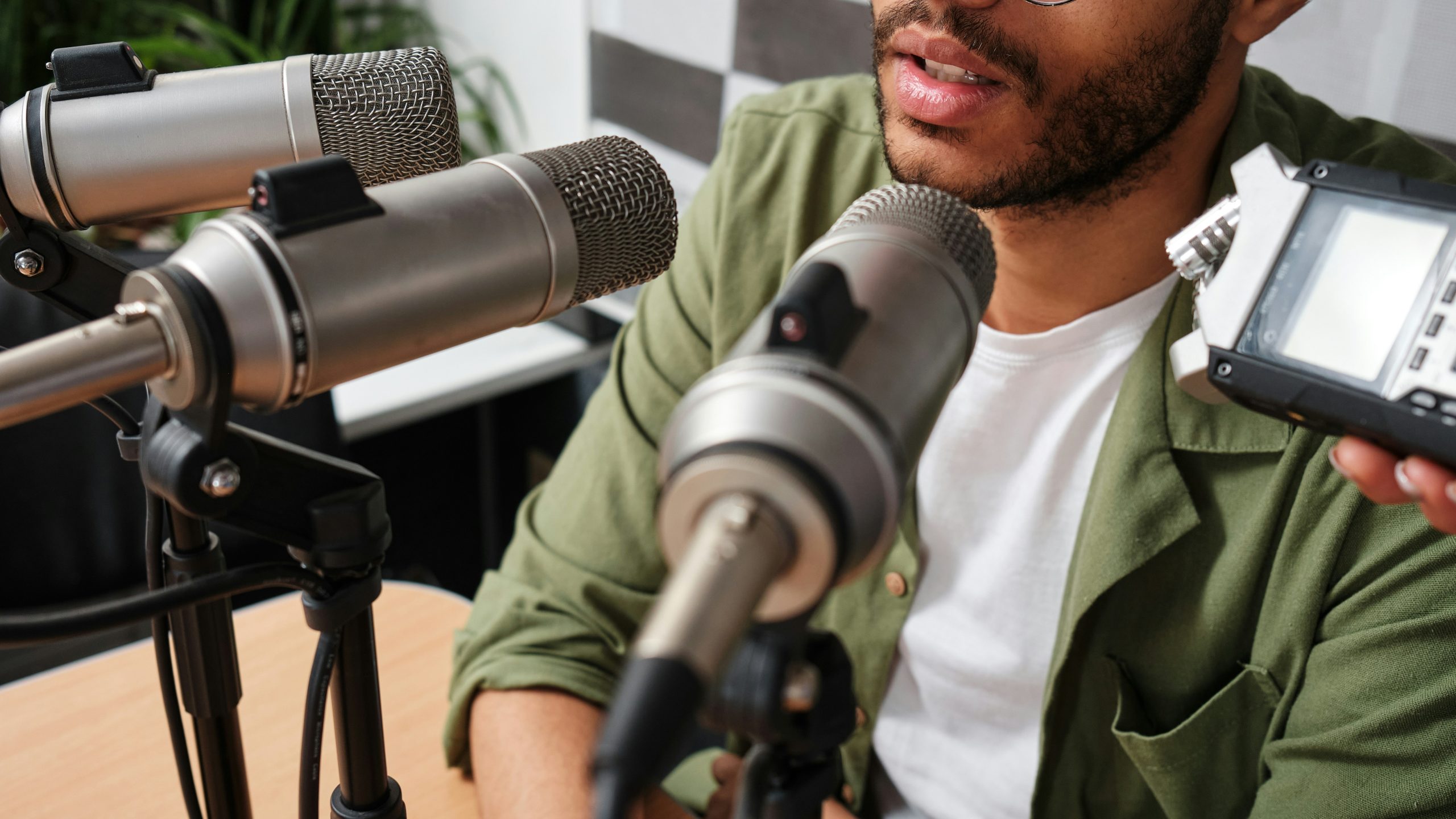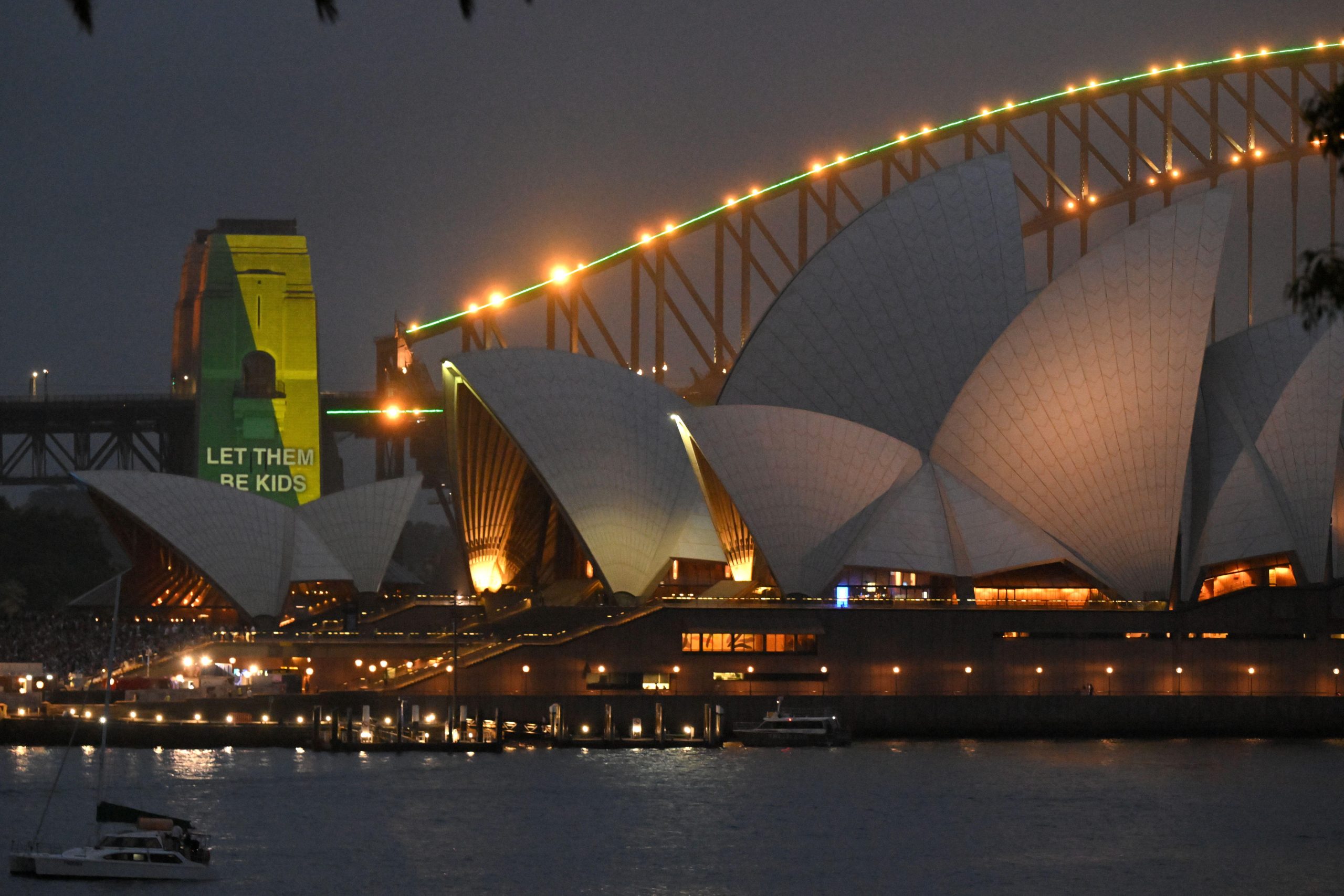I’ve occasionally thought it might be fun, even therapeutic, to have an enemies list. I would carry it in my pocket, a single, increasingly ragged B5 ruled sheet, on which I would scribble, with my specially purchased green Bic biro, the names of those who had taken against me, or to whom I had taken against; starting with the Ayatollah Khamenei (long story) and ending, well, never ending.
I could scrawl and scrawl, adding people and organisations: the wine waiter who mysteriously sneered “For you sir, perhaps a glass of Merlot” (I know that’s an insult, I just don’t know why that’s an insult), everyone who stands on the bottom deck of a bus when there are seats upstairs, the Communist Party of Vietnam, and so on, endlessly, ‘til my little scrap of paper was a grand mess of green ink, letters over letters over letters, upside down, vertical, horizontal, furious underlines, multiple exclamation marks, sometimes, just discernible, the word “NO” in capital letters.
It would be good to have the list at hand, to have it under control, I imagine. As long as I’ve got them all written down, and the list is on my person, I won’t be caught off guard. This would not be odd, you agree. It would be an entirely reasonable thing to do in a world where foes stalk us, waiting to mug us, or make us look like mugs.
For politicians, this sense of the entire world waiting for the moment you mess up is amplified, partly because it is a reflection of the truth. Opposition activists will pick up on every word you say, and the slightest slip will be turned into a hilarious/earth-shatteringly dull meme in mere minutes, with earnest young women imploring people to retweet whatever the hell it was that proves you hate nurses/the nuclear family/your party leader, and proves you’re not fit to do XYZ.
And then there’s the “feral beasts” of the press, as Tony Blair famously referred to journalists in 2007 (this was literally worn as a badge of pride by many: the New Statesman’s then political editor had “Feral Beast” badges made, which he handed out to every journalist he met), who you spend your life trying to please while deep down knowing they are willing you to cock up. You really, really can’t win.
Faced with all this, it’s not surprising that politicians and politicos are a little wary of the world. But there is a difference between wariness and paranoia, a difference demonstrated by the reaction to the Sunday Times’s report of a speech delivered recently by Labour’s Jon Cruddas to the left-wing group Compass. An attendee of the publicly advertised meeting passed a recording of Cruddas’s comments to the Sunday Times. The journalist then had the temerity to report on the speech! According to the Telegraph’s Stephen Bush, Cruddas’s next appearance, at the Fabian Society Summer Conference, was “bad tempered” and full of attacks on the “‘herberts’ and ‘muppets’ of Fleet Street who might be listening to his every word or statement in search of a headline”.
Meanwhile Neal Lawson, Compass chairman and Cruddas’s host, wrote a strange article for the Guardian, suggesting, somehow, that Cruddas’s comments were not in the public interest, and somewhat hyperbolically claiming: “The Sunday Times got its cheap splash, but in the process our political culture is diminished, maybe fatally.”
Lawson then really went for it, claiming: “What happens next? We either accept that the Murdoch empire — and maybe others — make toxic yet another level of public life and succeed in shrivelling our body politic still further. Or we make whatever stand we can.
Their goal is not just to destroy Labour or even any alternative to the individualistic, me-first politics of the past 30 years. They want to destroy the possibility of such an alternative. Invading the spaces in which such an alternative is discussed, such as the Compass event, is just a means to an end.”
All this at first reads as merely silly, but there are a few strands in it that are quite worrying. The first is the idea that a journalist reporting on a public meeting (Lawson’s justification for claiming it was “semi-private” was that attendees had to register and there was no press list) is fatally undermining democracy. There is an authoritarian undertone to this: journalists should report on what we allow them to report, not what is of interest. This is also reflected in Lawson’s comment about journalistic practices — “For the papers who do this it’s an easy, cheap hit: no research, no digging, just someone with a smartphone who is willing to sit through boring meetings on a Saturday afternoon” — somehow the story is not a good one because it was gained through day-to-day processes rather than via the Woodward-And-Bernstein routines that are seen as “proper” “investigative” journalism.
Secondly, there is the Murdochophobia which escalates an agenda to a conspiracy: The Sunday Times and Murdoch’s other papers are broadly conservative, it is true, but that’s a long way from having a goal of “destroying Labour” (a party Murdoch’s papers supported for a long time).
The problem with this paranoid mindset is that nobody takes responsibility for their own actions or even their own opinions. The question of whether there is a problem with Labour policy or not, becomes simply evil newspaper versus innocent, naive, poor little politician. It is self-pitying and self-defeating. Either have the debate, or don’t. But don’t complain when reporters report.
This article was posted on July 3, 2014 at indexoncensorship.org





